
Gladiator (2000): A Timeless Epic of Honor, Betrayal, and Revenge
Ridley Scott’s Gladiator is a cinematic masterpiece that brings the grandeur of ancient Rome to life while delivering a deeply personal and emotional story of resilience and justice. The film follows the journey of Maximus Decimus Meridius, a decorated Roman general beloved by his men and trusted by Emperor Marcus Aurelius.
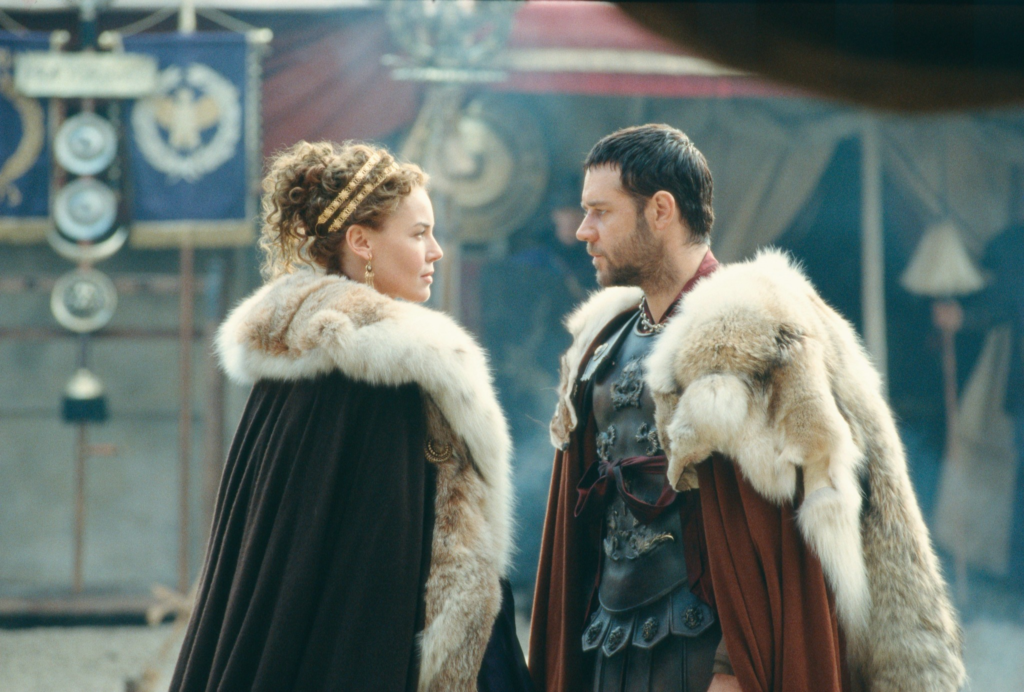
Maximus dreams of returning to his family after years of loyal service, but his life takes a tragic turn when the Emperor’s power-hungry son, Commodus, seizes the throne by murdering his father. Commodus, fearing Maximus’s influence and loyalty to Rome, orders his execution. Betrayed and left for dead, Maximus escapes, only to find his family brutally murdered by Commodus’s forces. Broken and enslaved, he is sold to a gladiator trainer and forced to fight in the blood-soaked arenas of the Roman Empire.
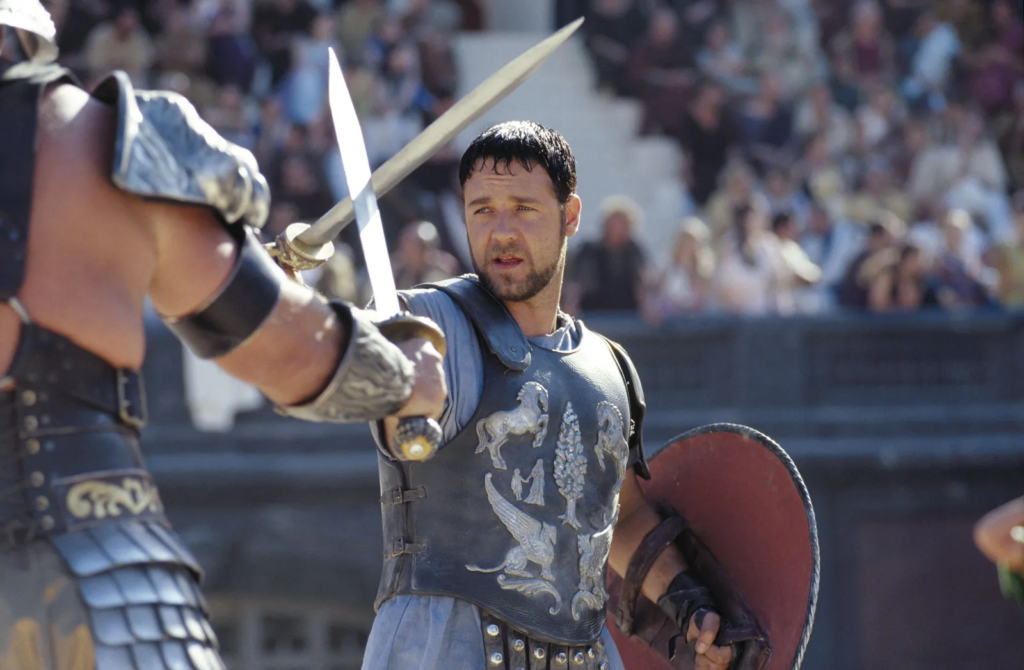
What follows is a gripping tale of survival and redemption as Maximus rises through the ranks of gladiators, earning fame and respect while secretly plotting his revenge against Commodus. His unyielding spirit inspires those around him, and his battles in the Colosseum captivate the crowds, setting the stage for an epic confrontation with the Emperor himself.
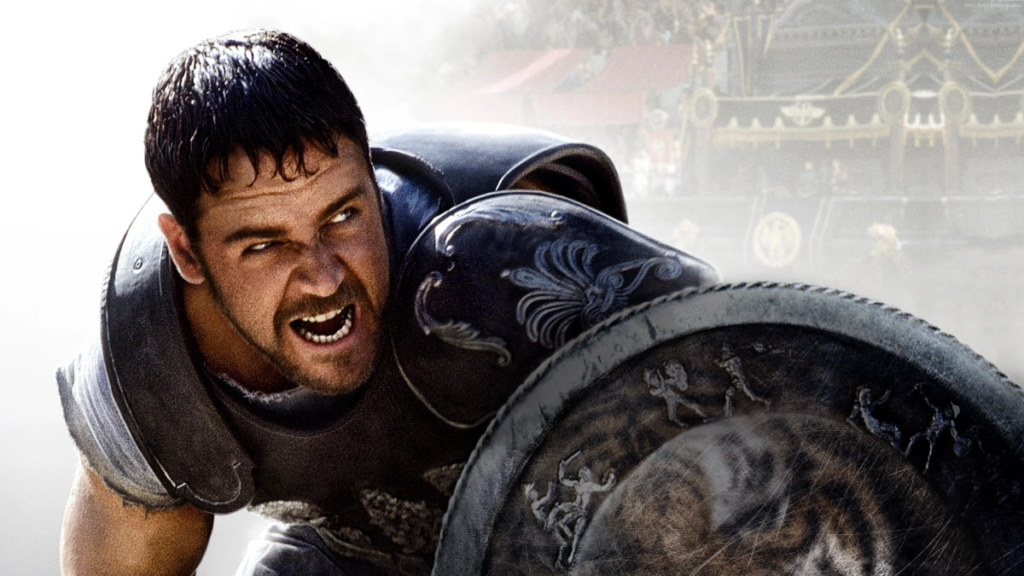
Gladiator is not just a story of vengeance—it’s a tale of honor, legacy, and the enduring fight for justice. Featuring unforgettable performances by Russell Crowe as Maximus and Joaquin Phoenix as the sinister Commodus, the film combines breathtaking action with heartfelt drama. Its iconic dialogue, stunning visuals, and Hans Zimmer’s hauntingly beautiful score make Gladiator a must-watch for fans of historical epics.
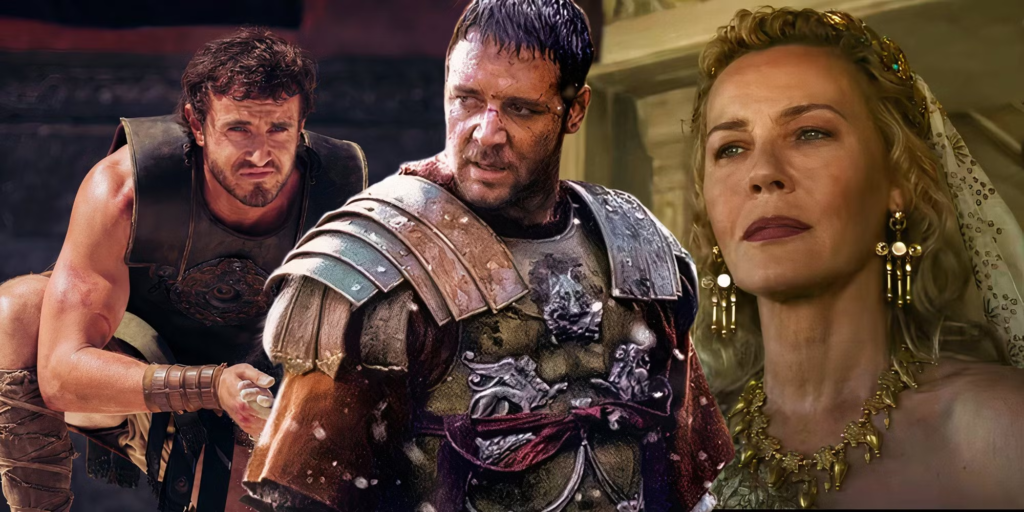
This Academy Award-winning film remains a cultural touchstone, reminding us of the power of perseverance and the timeless struggle between good and evil.

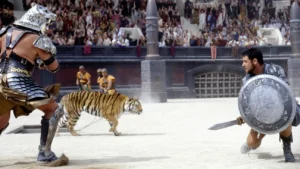
Leave a Reply